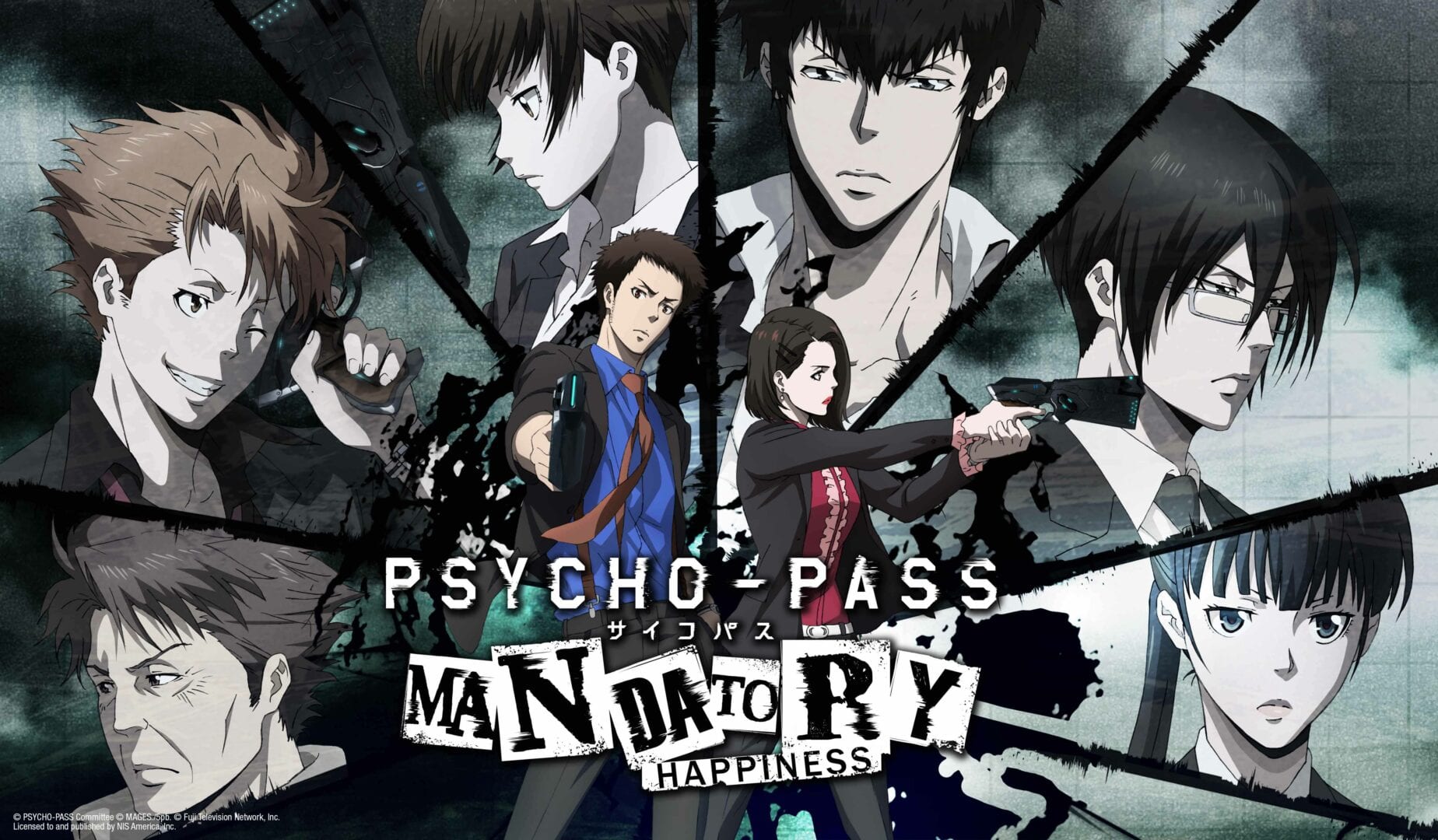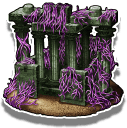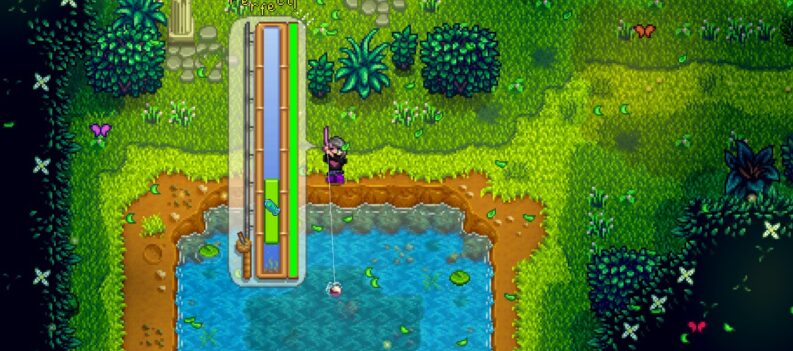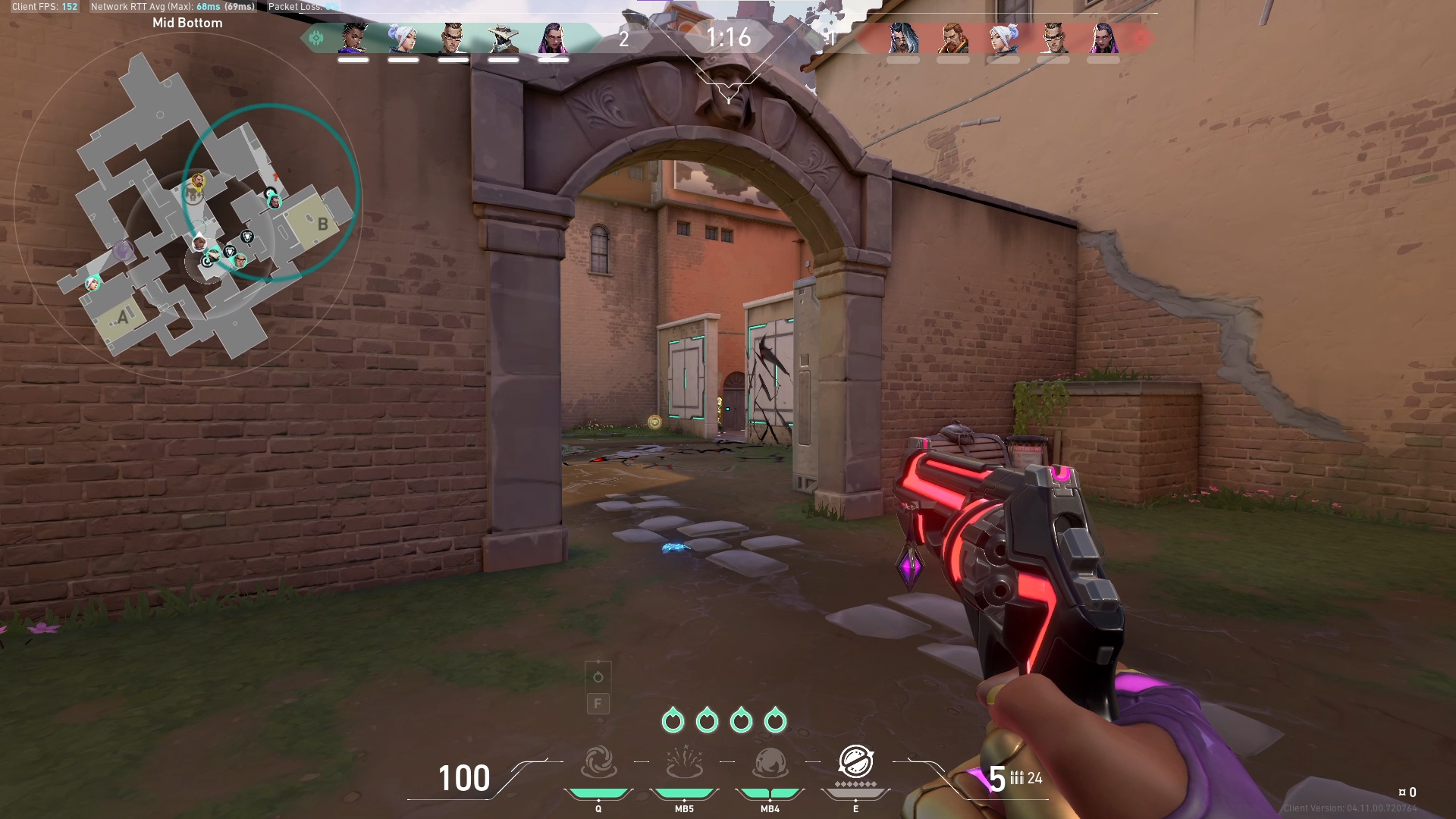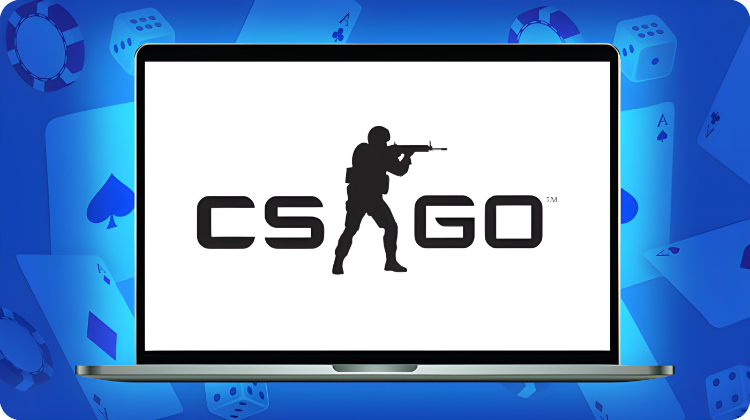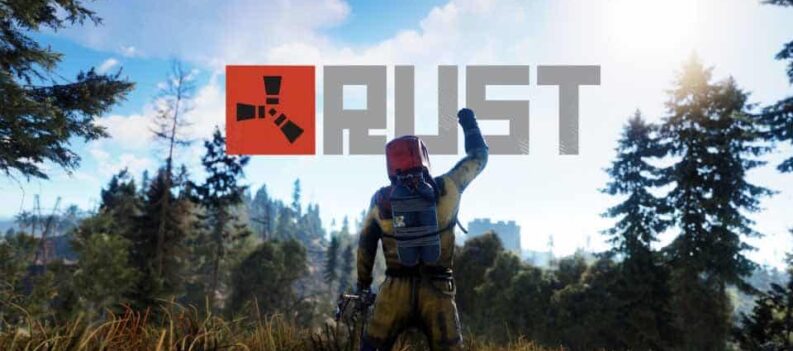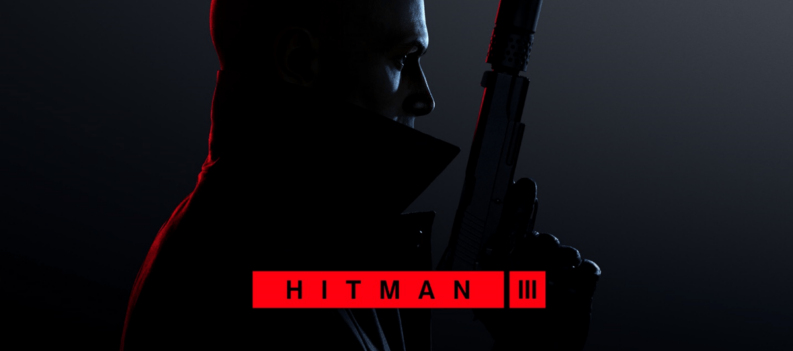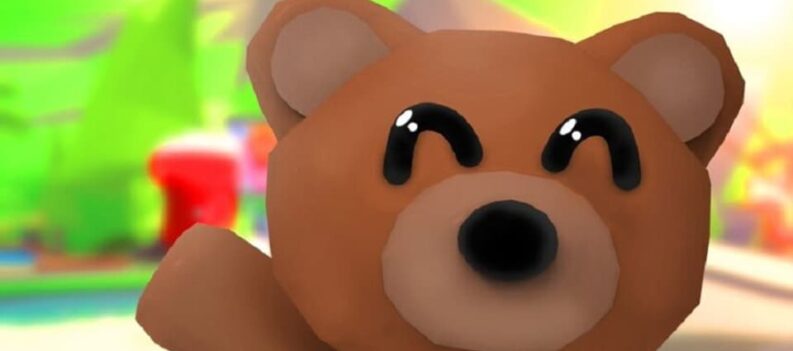I love dystopian worlds in books, TV, and movies. They show us a vision of what we could be if a good idea is taken too far. Psycho-Pass is one of the most interesting and thought-provoking anime with a dystopian world I have ever seen, and, when I saw an opportunity to spend more time exploring that world with characters from the show, I jumped at the chance. Does PSYCHO-PASS: Mandatory Happiness meet the high standard of the anime? Read on to find out.

If you are new to the source material, here is a short primer. Japan has closed itself off from the world, and has taken radical steps to prevent crime and build a better society. Recognizing that people and society are flawed, they instituted the Sibyl System to read a person’s Hue and determine their Crime Coefficient. Your Hue communicates your emotional state, and your Crime Coefficient shows your likeliness to commit a crime or already be a criminal with no hope of recovery.
Both of these are read often by cameras and drones run by the MWPSB. These are the semi-bureaucratic, Judge Dredd-esque law enforcement. By pointing a special type of gun called a Dominator at a person, they can use the Sibyl System to determine if you are a criminal or are close to being one. If you are close, you are stunned. If you are a criminal, the gun will fire a lethal round. If you are my grandma going to get her mail and not even close to being a criminal, the gun will not fire at all. (Keep sending those birthday cards, Grandma.)

The police have two different groups of employees. Enforcers are latent criminals who have a high crime coefficient, but choose to help hunt down other criminals in order to stay out of prison. Inspectors manage the Enforcers, and they try to eliminate anything that would cause emotional stress and criminal activity in their local population.
I would highly recommend watching the anime to get a more detailed understanding, before playing the game.
PSYCHO-PASS: Mandatory Happiness is a visual novel, and that is exactly how it sounds. The game portrays the character images against static backgrounds. The characters look exactly the same from the show with a lot less animation. Their eyes will blink and mouths will move with the dialogue, but it is mostly still images. Even though the game has some truly tense scenes, this is a much more methodical experience.

All of the dialogue was voiced, and I was very happy to hear an all Japanese voice cast. I did not see the option for English voices, but I would not have used it. The internal thoughts of the characters are not voiced, and, even though I said it was a visual novel, I want to be clear. There is a lot of reading. Multiple characters will react to what someone is saying or doing, so expect to have them give you their opinion.
Since it is a visual novel, the story is the most important part, and I will be intentionally vague for the rest of the review to avoid spoilers. At certain points, you are able to make a choice in how to deal with a situation or how to respond to another person. My stories had a somewhat fixed beginning and end, but how you get there and the details of how it ends can change substantially.

In the beginning, I wondered if the story was on autopilot, until I made a decision and died. I literally laughed out loud as the screen told me I hit a bad end and reloaded my save. Death is certainly proof that your choices matter. Another time, I was able to end the story early by choice without ever having the chance to fight the villain. (That was another bad end.) By the way, you should save often, and you can bring up the menu to save at a decision point. It helps you to be able to come back and retry from that point to see how the story changes, especially since some choices have an effect later in the story.
The game allows you to choose between two different stories as seen through the eyes of two different members of the team. The first story is with the new Enforcer, Takuma Tsurugi. He is searching for someone, and that search has had a profound influence on his life and place in society. I experienced the story through this character first, and I found it to be slow in the beginning. It picked up, especially toward the end, but this story never really connected with me.

When I played through the story for the new Inspector Kugatachi, I was engaged from the beginning. After an accident left her without any memories, she joined the MWPSB. Narrative is subjective, but I found it to be the stronger story and more interesting character. It could be my imagination or familiarity with the story, but I felt like my choices were more meaningful too.
For my second play through, I really thought about my decisions and tried to make them different from the first time to push the story as much as possible in the opposite direction. This was mostly successful, but I did run into two times where the game mentioned something that had not happened. Since I was aware of that part of the plot from my first time, it did not throw me as much, but it did erode some of the impact of my choices.

The plot focuses on the MWPSB fighting a threat to their society based on a different philosophy of how it can be made better. It never rises to the deep philosophical discussions seen in the first season of the show, but the villain’s beliefs and motivations are clear. Throughout the story, there are even lines that give you a better understanding of how they live, and, although they do not directly impact the story, are great for giving the world more life.
Overall, the menus are very simple and clean, and there were zero technical issues on the PS4. The game is not graphically intensive, and it runs exceptionally well. I did not really notice the load times either, so it is easy to jump in and play quickly, even if you only have 15 minutes.

The music was fine, but it did not really stick out to me. There were exceptions, and one of them was during my first time in chapter 3. There was a beautiful composition that fit the scene perfectly, and I would have loved some more of those throughout the experience.
The game is not very long, but, between the two characters and the branching decisions, it is easy to replay the game. In both times, I defeated the villain in the same way, but with a slightly different outcome for him and the character I was playing. For me, this game was more journey than destination.
If you love Psycho-Pass and you love visual novels, you must buy this game. It really delivers on a new adventure in that world, and it is great to see all your favorite characters. For everyone else, it is much harder to recommend, because the source material is a little more difficult to grasp without some prior background and the visual novel style is not for everyone. For anyone looking to jump into the genre, if you think you might like a more deliberate type of storytelling, this is a great place to start.
Review Disclaimer: This review was conducted using a digital copy of the game provided by the publisher. This has no effect on the content of the review or the score. For more information, please read our Review Policy.
